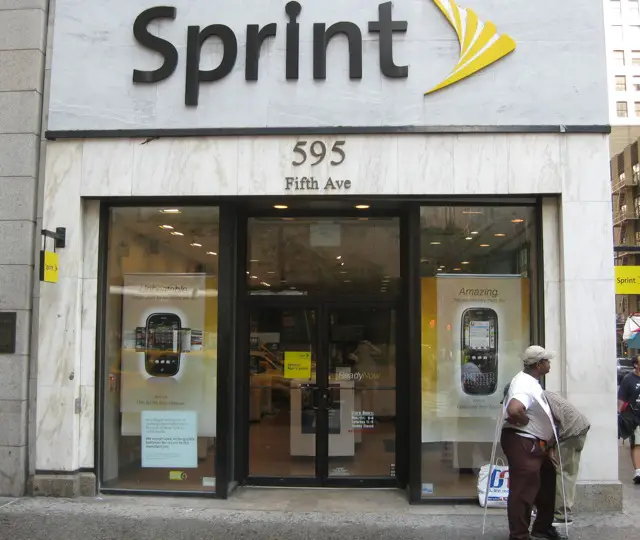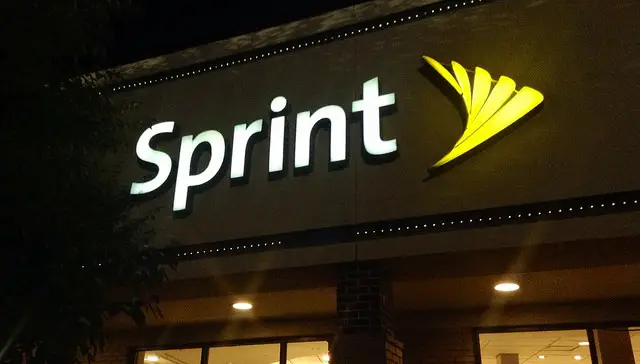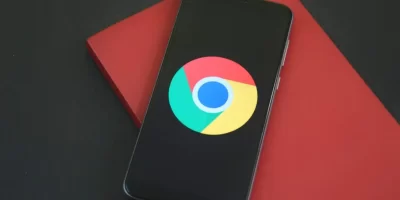It was only a couple of days ago that AT&T got a slap on the wrist for miscommunication about their data throttling policy, and now Sprint seems to be feeling a bit of heat of their own. According to the Wall Street Journal, Sprint has stopped throttling its heavy data users even in periods where the network is congested.
The report suggests Sprint is doing so in order to avoid any action that’ll put them on the FCC’s bad side, though they maintain they felt their practices were well within the rules. Sprint says they don’t expect users to notice any significant differences in service.
It’s worth pointing out that Sprint’s hesitation in continuing data throttling is less about being slapped with fines for miscommunication, and more about dodging the touchy topic of net neutrality. The FCC made their vote against it quite clear earlier this year, and it’s looking more and more likely that the regulatory body won’t tolerate much shadiness in the realm of broadband internet.
For what it’s worth, Sprint probably won’t completely ditch throttling. The company says they’ll still opt to put a cap on identifiable video sources (which can quickly get out of hand when you start streaming in HD), though it shouldn’t be so much that it makes for an unacceptable video experience on mobile. Everything else will run through Sprint’s proverbial pipes as fast as the network will allow. It’s better than nothing, folks, so consider it a win.












Hate corporations more and more every day! They will never do the right thing unless they will be financially punished. Why dont the punishment go up 10x as much and they would never even think about it in the first place. Punish them s bad they fear of getting caught!
EXACTLY. Forget this “Let the market regulate itself” NONSENSE!
Sell the cloud, charge $10 extra for smartphones for as long as possible, promise unlimited means unlimited, abandon hope after bad decisions, throttle until fear sets in – and respond with network shaping. Not sure how they’ll succeed at that without running afoul of other regulations but ianal.
You may as well still be throttled anytime you drop down to Sprints slow 3G network
Dang – you beat me to it… +1
Just took a Speed Test on AT&T HSPA+.
Yuck….sprint spark ftw
I get 12-42 on LTE. Anything over 10 down is useless on a phone or tablet.
Sprint LTE in my area is .5 down.
Glad you are in a good market for those speeds, but it is also 4 am on your time stamp
Sprint easily sucks monkey balls period.
And that is just your ignorant fanboy opinion. Not a fact.
This implies you can get reception for 3G or *GASP* 4G
Cue the automatic Sprint hate machine. I got solid 4G everywhere I went in the Minneapolis/St.Paul area, even out in the country.
Aaaand no one cares because it’s a huge freaking country. There are bound to areas with bad reception.
Try going to south dakota where they have zero towers. Such a horrible company
“Sprint says they don’t expect users to notice any significant differences in service.”
or in other words: THROTTLING WAS COMPLETELY UNNECESSARY AND ALL THAT “NETWORK CONGESTION” TALK WAS A CHARADE JUST LIKE VOTER FRAUD!
If there are no significant differences in service, why throttle in the first place?
FCC’s kicking some butt. Right on.
Not trying to make it political but if a Republican was in office the wireless companies would really have us bent over with no Vaseline so at least with the Democrats the FCC is more consumer friendly
Not trying to, but you are.
“Not to upset you, but…”
Why would I be upset over your comment, seriously
Yeah,being throttled just sucks major ass…but getting throttled by T-Mo takes it to a whole new level,like un-bearable! While on Sprints’ Boostmobile a few years ago I was still able to get pages loaded fairly quick…but all in all I don’t think this throttling b.s. should even be allowed! Just my opinion.
“miscommunication about their data throttling policy”. Ahem, it’s called LYING. There was no “miscommunication” about it! They STRAIGHT UP screwed over their customers and with new legal precedence, LOST.
“The company says they’ll still opt to put a cap on identifiable video sources”
Doesn’t this violate the very core of net neutrality? I’m confused, are they or aren’t they trying to “[dodge] the touchy topic of net neutrality”.